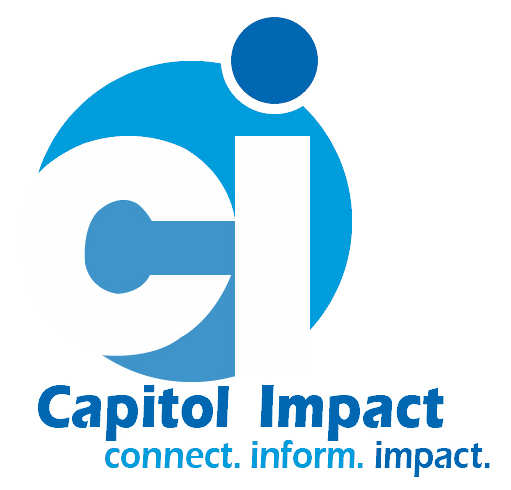
Your account is inactive.
The account you are trying to access has not been renewed. If this has happened in error please call or email our customer success team using the information below and we can get you restored as soon as possible.
Customer Success Team
404.913.2737
customersuccess@crescerance.com
